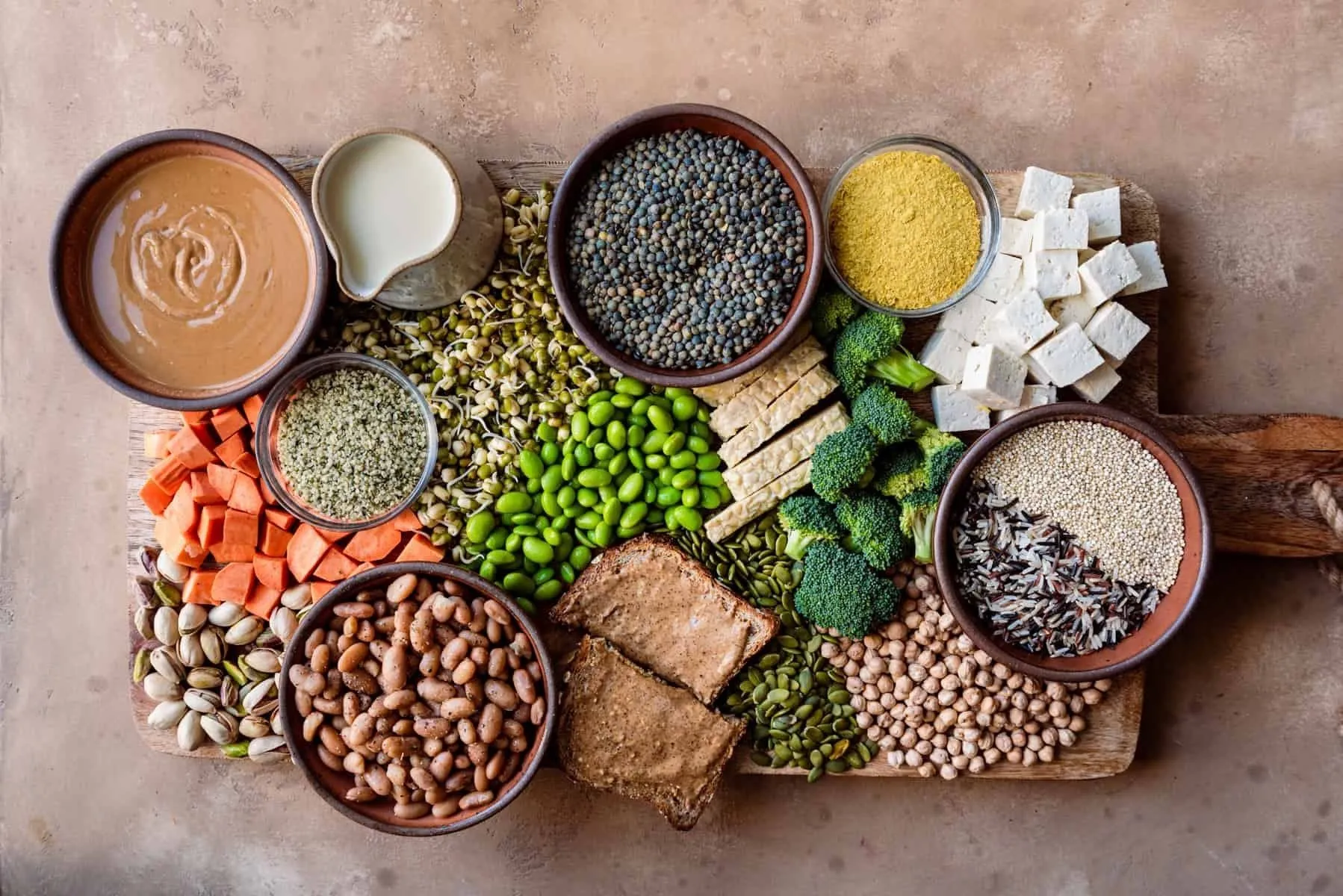
In the wild, eggplants originated in Eastern India, but they were cultivated in China and Central Asia over 1,500 years ago. This vegetable spread thanks to Arab traders, who introduced it to Africa and the Mediterranean regions of Europe. The first Europeans to encounter eggplants were the soldiers of Alexander the Great during their Persian and Indian campaigns in 331-325 BC.
Initially, Europeans didn’t know how to properly handle these exotic fruits, which sometimes led to the accumulation of toxic substances under certain growing conditions. This caused poisoning, accompanied by erratic behavior or hallucinations. In the 16th century, some European naturalists called the eggplant the "mad apple" and claimed that dishes made from it could drive people insane. Others, however, considered it the "apple of love," attributing aphrodisiac properties to it. Both views were mistaken, but the superstitions persisted, and Europeans remained wary of this delicious and nutritious vegetable until the early 19th century.
Health Benefits:
- Eggplants help reduce cholesterol levels in the blood.
- The flesh of the fruit is rich in potassium, which regulates water balance in the body and improves heart muscle function.
- Eggplants contain 9% dry matter, 0.9% protein, 0.1% fat, 5.5% carbohydrates, 1.3% fiber, and 0.2% organic acids.
- They are a low-calorie vegetable, rich in vitamins C, B, B2, PP, and carotene.
- Their mineral composition includes potassium, sodium, calcium, magnesium, phosphorus, and iron.
- Eggplants help normalize water-salt and lipid metabolism. They are recommended for gout, cardiovascular diseases, atherosclerosis, constipation, and liver or kidney dysfunction.
Potential Risks:
- Overripe eggplants contain high levels of the alkaloid solanine, which can cause poisoning. Symptoms include nausea, vomiting, diarrhea, intestinal cramps, confusion, convulsions, and shortness of breath.
- Only young eggplants should be consumed. In case of poisoning, the best antidotes are milk, egg whites, and mucilaginous soups.
This vegetable is a true treasure for health, but it’s important to know how to use it properly!



